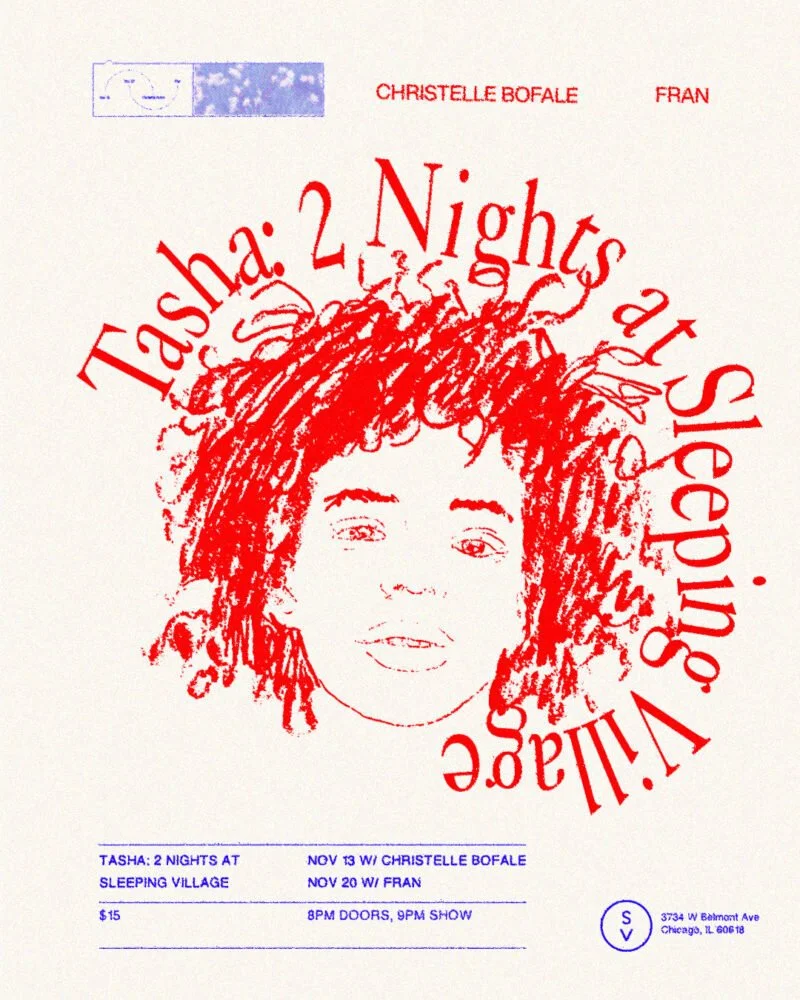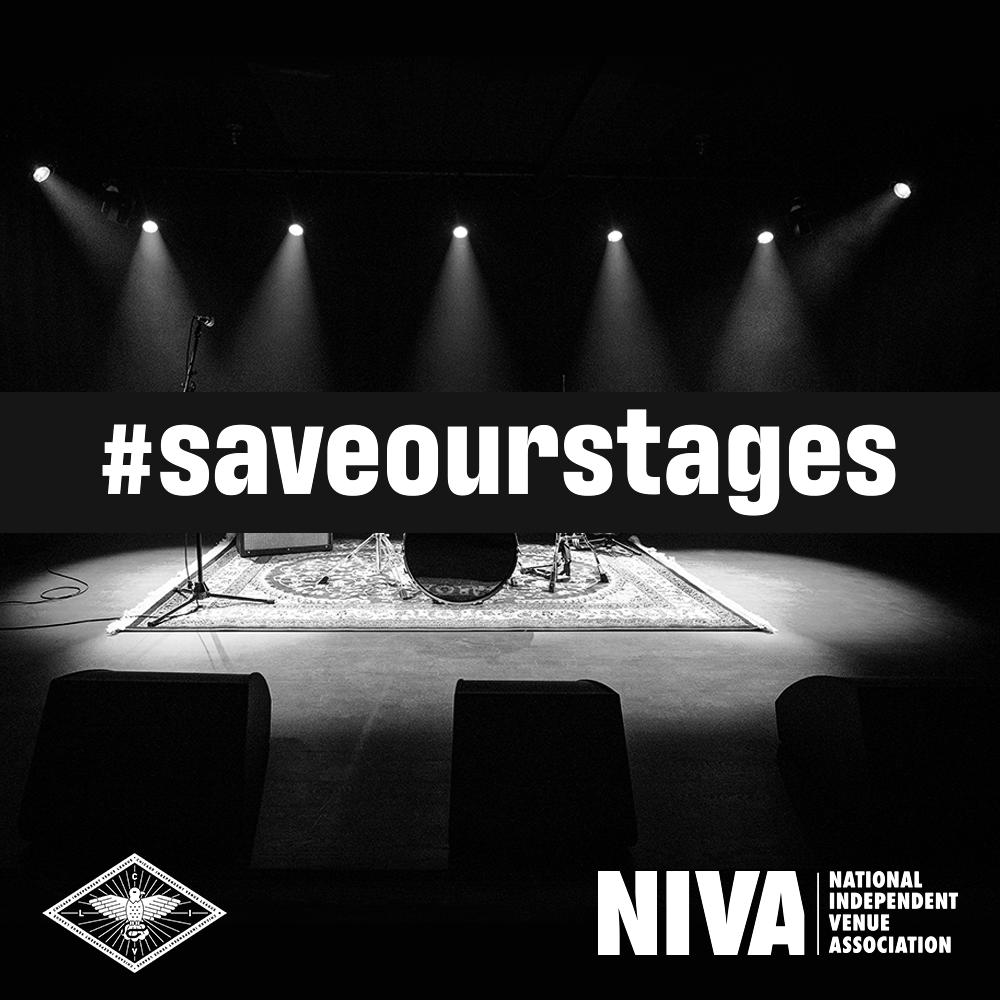The State of CPS • Some Funds Returned, But Future Still Uncertain
Special Report • Part 5 of 5
This week, TheseDays’ latest addition, Nicole Kreizel, dives into the current state of operations at Chicago Public Schools. CPS has a long history of budget shortfalls and school closings, and the back and forth between Springfield and Chicago has been contentious. The latest sparring between Rahm Emanuel and Bruce Rauner has caused the public schools’ situation heading into 2017 to become a flashpoint in the state’s agenda.
Politicians, along with teachers, parents, students and nonprofits, have all shaped, and are continuing to contribute to, Chicago’s educational landscape. Over the course of the next five days, we will delve into the key decisions and issues within this realm.
In a sweeping reversal from previous decisions, Chicago Public Schools (CPS) announced Friday that they would reinstate $15 million in slashed funding for public schools. The move occurred in response to outcries from citizens and education advocates across the city who alleged the $46 million in cuts, announced earlier this month, were disproportionately affecting black and Hispanic students in underserved areas of the city.
The reversal also followed the resignation of 16 members of a CPS advisory committee for Latino students, who were protesting the consequences of the budget freeze (Chicago Tribune). Schools where the majority of students are Latino were hit twice as hard by budget cuts as schools with mostly white students (DNAinfo).
In a statement, committee members who resigned said they wanted to recognize that CPS was restoring some of the funds, but that they were still disappointed by decisions that led to the proposed cuts and their disproportionate impact on poor Latino and black students. “The restoration of some of these funds is one small step to remedy a grave injustice,” they said, according to the Chicago Tribune.
So continues the lengthy, never-ending saga of CPS. The education vertical in the country remains somewhat uncertain with the appointment of private-school and school-choice proponent Betsy Devos as Secretary of Education, and the continued subtraction of funds from public arenas. It appears Chicago, however, has offered a sort of stop-gap solution to temporarily halt part of the bleeding.
Over the course of the last week, Nicole Kreizel took a deep dive into the current state of affairs at the city’s school system. The last few years have seen numerous school closings, teacher in-lieu days and the continued defunding of neighborhood schools. Those seeking to teach the next crop of Chicagoans have faced many roadblocks.
While the reinstatement of previously cut funding is certainly welcoming news for teachers and students, it still leaves a considerable gap and plenty of questions concerning CPS’ future. While $15 million was added back to the budget for schools mainly serving the city’s Latino and black students, CPS is still cutting $31 million by freezing a portion of discretionary funds. The revised budget trims money “which can be used to purchase textbooks and technology as well as to pay for after-school programs, field trips and hourly staff (DNAInfo).” It is meant to fill part of the deficit in the district’s budget stemming from Gov. Bruce Rauner’s $215 million veto.
The decision also leaves plenty of room for the patchwork of organizations and volunteer programs across Chicago’s education landscape to step in. The loss of funding, which has occurred systematically for the last decade or so, has most severely hampered the arts and after-school curriculums. This has left a gap where programs like Young Chicago Authors (YCA), YouMedia and After-School Matters, among other programs, have been able to rise to the occasion.
Chance the Rapper, who grew up in groups like YCA, announced in a tweet Monday morning that he has a private meeting with Rauner on Wednesday, where the two will discuss education funding in Chicago. The meeting was postponed Wednesday morning after multiple tornadoes hit southern Illinois, but the sentiment underlines the importance of such programs on the city's future.
Neighborhood schools’ Local School Councils (LSC) and organizations like the Chicago Teachers Union have also taken active political stances amidst CPS' budget cuts. They have called for action by staging protests and holding rallies, and they are vehemently preparing for upcoming elections. These groups have worked to get in touch with outside organizations and volunteers to compensate for limited resources and staffing.
There is also the pending lawsuit. Don’t forget that in mid-February, Mayor Rahm Emanuel’s Chicago Board of Education sued Rauner and the Illinois Board of Education for operating “separate and unequal systems of funding for public education in Illinois.”
CPS, though, needs money now, and complicated lawsuits tend to crawl through the courts. As CPS’ CEO Forrest Claypool said, “The clock is ticking for our schools and our kids, and for CPS.”
While families and CPS staff remain anxious about their future, and while the governor has yet to balance CPS’ budget, it is still refreshing to see political activism and loud voices result in positive changes. Hopefully, as education advocates in CPS continue to fight for fair funding and non-discriminatory measures, more necessary and just changes come to fruition.















